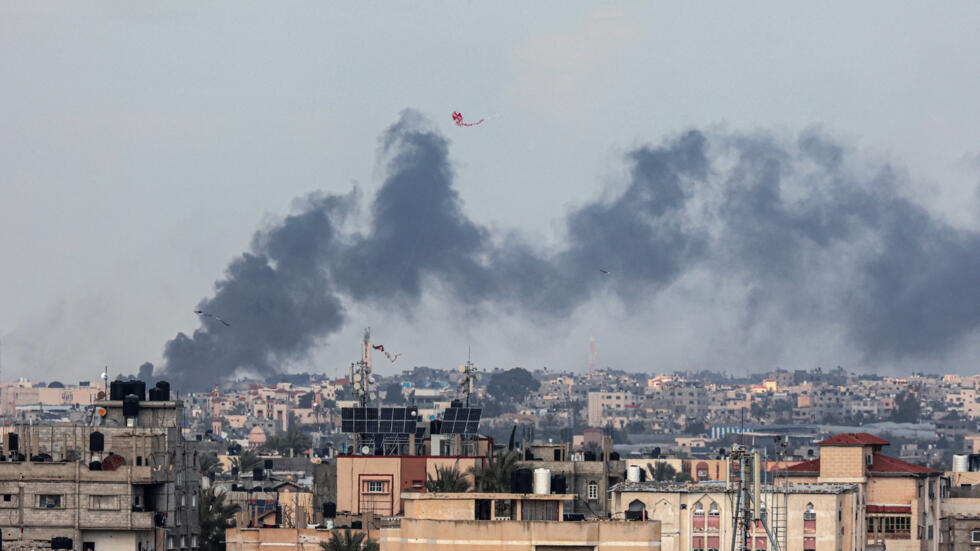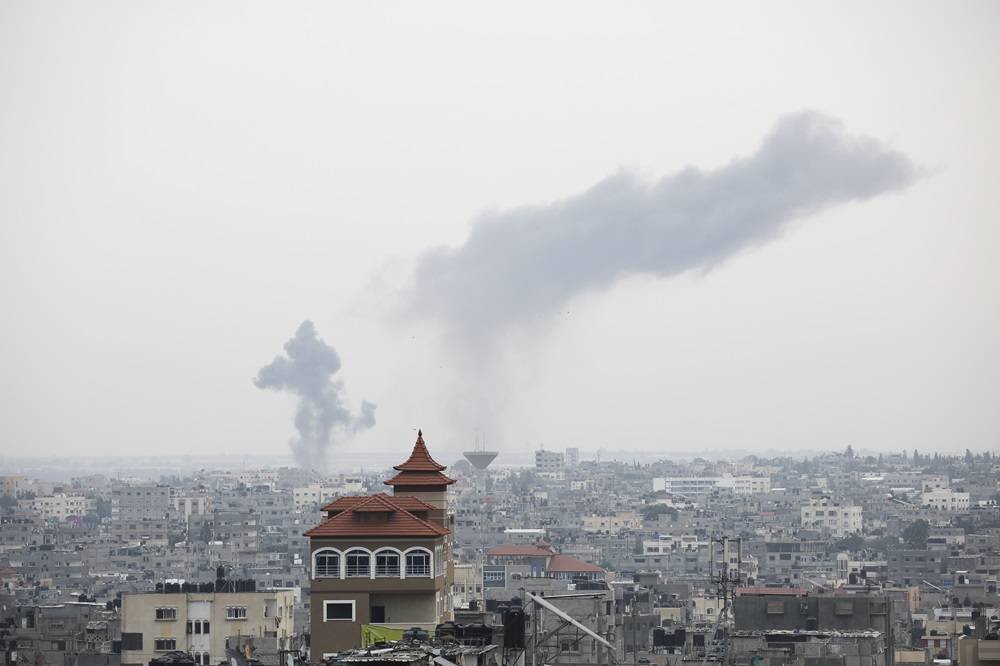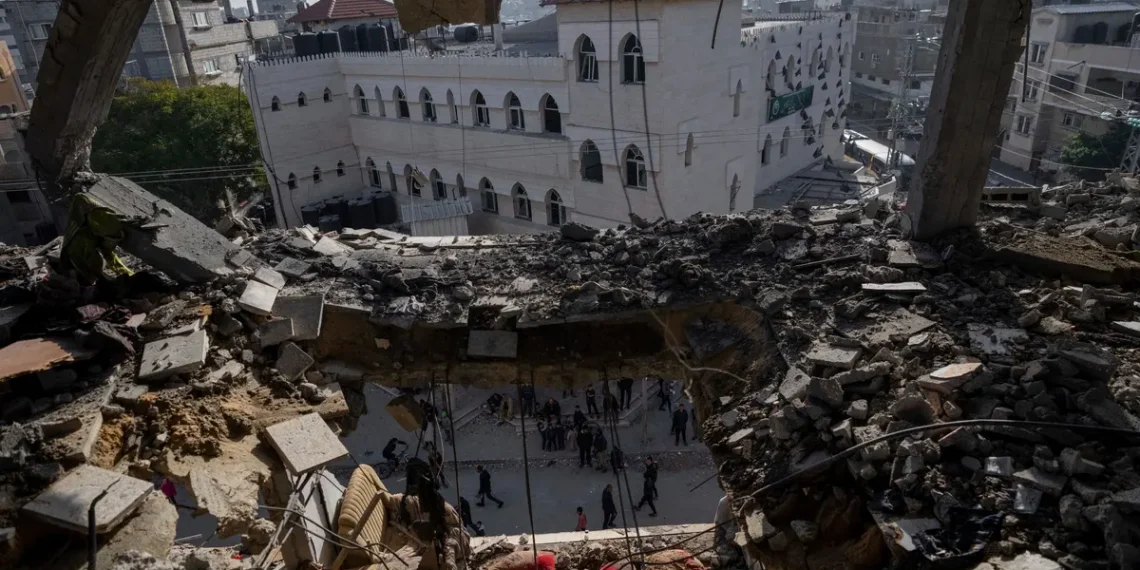Israel has approved a potential assault on Gaza’s Rafah city while engaging in ceasefire talks with Hamas, aiming to address the ongoing conflict.
Prime Minister Benjamin Netanyahu authorized the plan for an attack on Rafah, a stronghold of the Islamist militant group Hamas, despite concerns raised by global allies and critics regarding the potential for civilian casualties in the densely populated area.

In Washington, the U.S. cautiously expressed optimism about Hamas’ ceasefire proposal and called on Israel to prioritize the safety of civilians in any military action. However, tensions persist between Israel and Hamas as both parties present counter-proposals for a potential truce.
Diplomatic efforts are underway to resolve the conflict, with Israel preparing for potential military operations in Rafah while emphasizing the need for the evacuation of civilians from the area. The situation remains fluid, with the international community closely monitoring developments amid fears of further escalation in the conflict.
The Israeli government’s approval of the assault on Rafah comes amidst ongoing negotiations and efforts to secure the release of hostages held by Hamas.
The delicate balance between military action and diplomatic engagement underscores the complexities of the conflict and the challenges faced by all parties involved in seeking a resolution.

As tensions continue to simmer, the situation in Gaza remains precarious, with the humanitarian crisis exacerbating the already dire circumstances faced by the civilian population.
The international community, including the United Nations, continues to call for restraint and dialogue to prevent further escalation and alleviate the suffering of those affected by the conflict.
Despite the challenges and obstacles, efforts to reach a ceasefire agreement persist, with hopes that a diplomatic solution can be found to bring an end to the violence and pave the way for lasting peace in the region.





